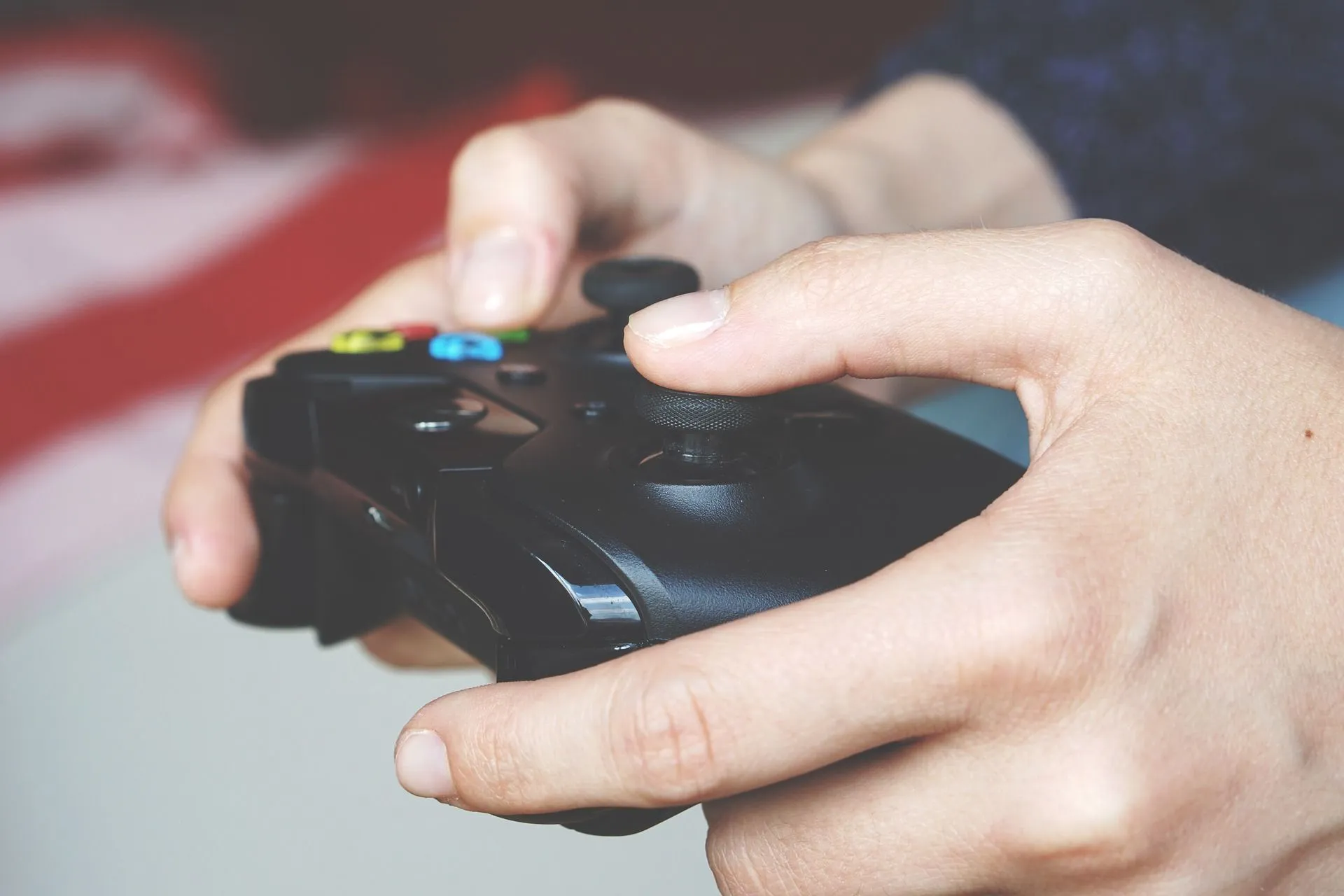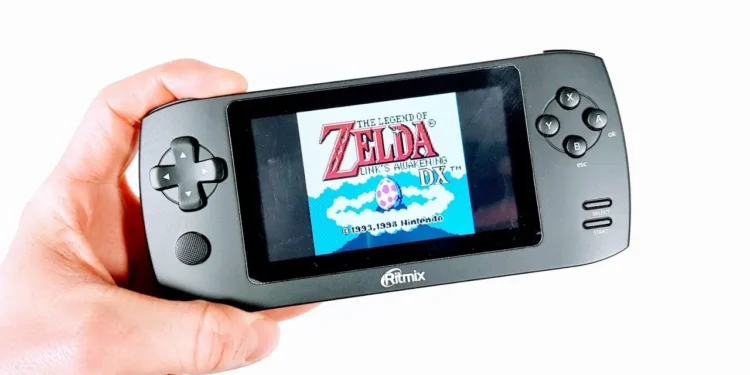In a world where technological prowess often translates to geopolitical clout, Russia’s recent endeavours in developing its own technology infrastructure are of particular note. The nation’s bid for technological independence has intensified, particularly in the wake of the Ukraine conflict and the consequent Western sanctions. Amidst this backdrop, Russia’s push into the realm of video game consoles is both an intriguing development and a barometer of its broader ambitions.

Domestic Designs: Elbrus and Fog Play
The initiative, spearheaded by Anton Gorelkin, Deputy Chairman of the State Duma Committee on Information Policy, is a daring step into a market dominated by giants like Sony and Microsoft. According to a recent TechSpot report, the Ministry of Industry and Trade is at the helm of this project, developing a console powered by the Elbrus processor and running on either Aurora or Alt Linux operating systems—both derivatives of the popular Linux OS.
The choice of the Elbrus processor is particularly significant. Originally designed by the Moscow Center of SPARC Technologies for uses in defence and critical infrastructure, its adaptation to gaming signals a significant repurposing of technology. Despite its limited capability compared to Western processors such as Intel or AMD, Gorelkin emphasized that the console will not just play ports of older games but will instead focus on “domestic video game products.” This implies a burgeoning ecosystem of Russian game developers rising to meet this new demand.

Another intriguing development is the Fog Play console, which represents Russia’s foray into cloud gaming. This device allows users to leverage high-end computers to stream games directly to the console, circumventing the need for powerful local hardware. This approach not only reflects global trends in gaming technology but also highlights Russia’s innovative solutions to its technological limitations.
Challenges and Implications
However, these initiatives are not without their challenges. The broader context of Russia’s technological landscape is marked by a dependency on foreign technology, particularly from China. Chinese smartphones and electronics remain popular in Russia, underscoring the difficulties of achieving true technological self-sufficiency. The shift towards using Astra Linux in government and military settings, and developing alternatives to Western platforms like Google’s VirusTotal, further illustrates Russia’s intent to sever reliance on Western technologies.
Yet, as ambitious as these projects are, experts remain sceptical about Russia’s ability to compete on a global scale, especially in sectors as advanced and competitive as video gaming. The limitations of the Elbrus processor, alongside the logistical and economic challenges posed by international sanctions and poor international relations, suggest a rocky road ahead for Russia’s technological sovereignty.

Looking Forward
As Russia continues its journey towards technological independence, the development of these game consoles serves as a pivotal test of its capabilities and determination. While the road ahead is fraught with challenges, the strategic importance of these developments cannot be overstated. They not only represent a step towards reducing foreign dependency but also serve as a critical element in the broader narrative of Russia’s quest for autonomy in an increasingly digital world.
Whether these efforts will translate into a competitive stance on the global stage remains to be seen. However, what is clear is that Russia’s technological journey will be closely watched by both allies and adversaries alike, as it could reshape the country’s strategic capabilities and influence in the digital era.










